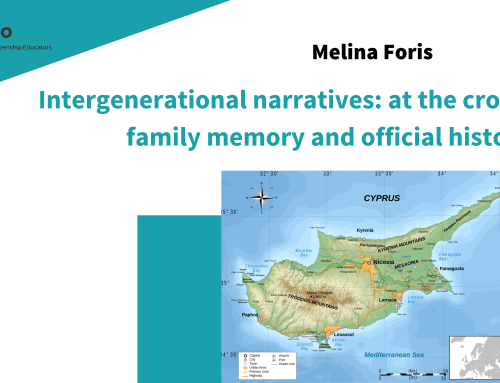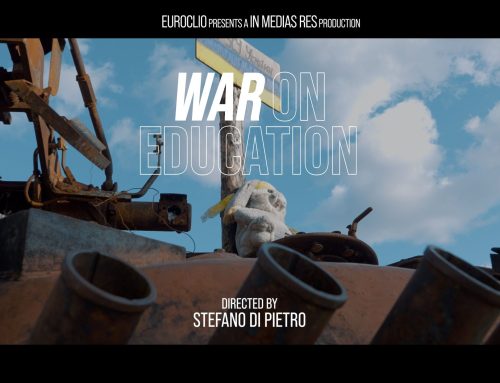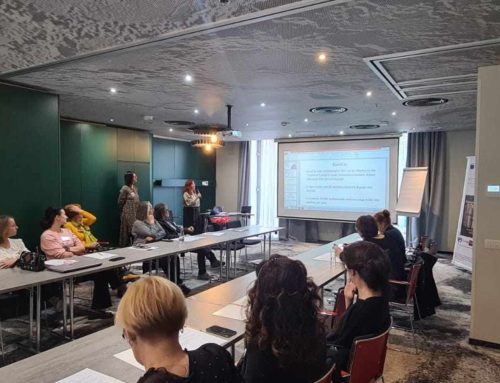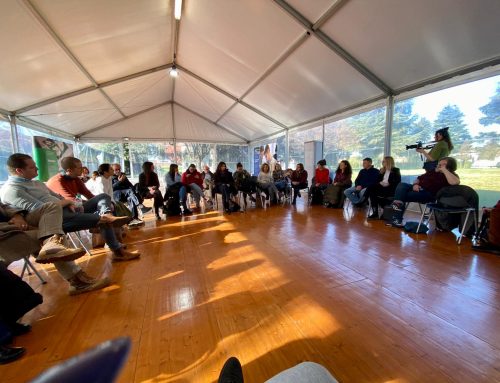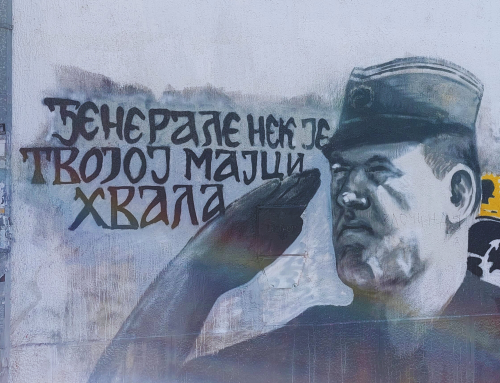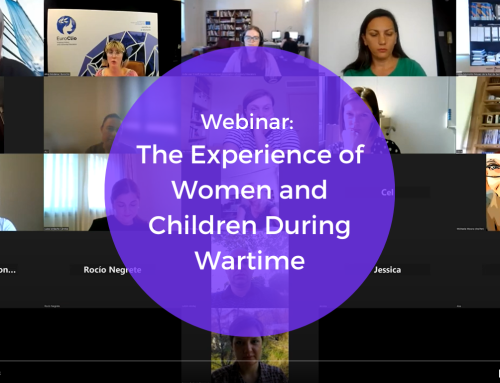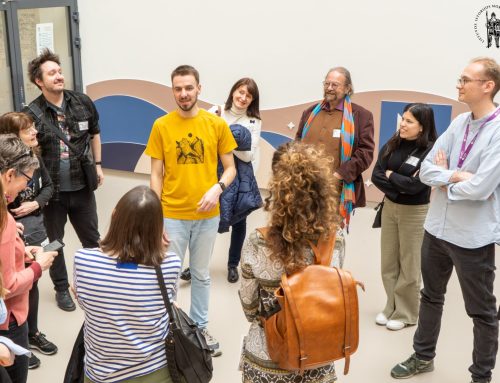Event: Far-Right Extremism in the classroom
13-14 June 2019, Berlin, Germany
History education is more and more perceived as a means to strengthen democratic values among students. In order to become full and active members of society, students need to learn about mutual respect, tolerance and peaceful resolution of conflicts. This requires methods of teaching that allow freedom of thought and expression of opinions in the classroom.
However, one of the difficulties that teachers face when they want to engage students in open discussions, is how to deal with expressions that are offensive, discriminating, or even racist. What to do with these statements and the students expressing them? How can you, as a teacher, address the difference between ‘just expressing opinions’ and offensive statements; and how can you uphold a climate of open debate while at the same time condemning certain statements made by students?
Far-Right Extremism
These questions lay at the heart of the Far-Right Extremism in the Classroom meeting, organized by the Radicalization Awareness Network (RAN), which brought together teachers, policemen and academics dealing with far-right extremism (FRE). Because of its strong online presence, youngsters across Europe are likely to come across FRE ideas, and bring them to school. These are often xenophobic, racist and white supremacist messages about immigration, nationalism, history and democracy.
Efforts to prevent these ideas from spreading, or to silence them during discussions in class, are framed by FRE students as censorship and a violation of their freedom of speech.
Teachers from different countries expressed their concerns. In Greece, the renaming of North Macedonia earlier this year has fueled right-wing and nationalist expressions in schools. In Belgium a school was confronted with a group of students who shared racist comments and pictures online, threatening to kill international students. When organizing a ‘week against discrimination’, a school in France saw it’s promotion posters against antisemitism and homophobia being removed by students. And a school in Finland had to deal with parents hiding outside the schoolyard, reporting every time they saw a student with an immigration background doing something wrong.
Pitfalls: the Will to Control
One of the pitfalls when dealing with racism and discrimination in class are what Christer Mattsson (University of Gothenburg) refers to as ‘controlling pedagogies’: interventions by teachers aimed at altering the mindset of the student in question. Examples of such pedagogies are (1) walking in someone else’s shoes, a strategy by which teachers ask students to alter their perspective, and (implicitly) urge them to change their mind; (2) the hot seat, a strategy by which teachers make the student in question the center of attention, and fire questions at him/her; (3) physical separation, a strategy by which the student is sent out of the classroom and separated from the group.
Although, these teaching strategies are often applied with the best intentions, their results can be counterproductive. Teachers use them to control what is said and expressed in the classroom. Controlling what is expressed (or even forcing desired expressions) can produce distrust against authority. Students will learn that some expressions are desired by the teacher. They will avoid saying what the teacher doesn’t want to hear, and just say what they know the teacher wants to hear. This will not lead to any significant change in the students’ mindset.
Furthermore, excluding particular students from the classroom, or grouping difficult students together in a different class, will only further distance them from their classmates and might even further radicalize their ideas. Physical separation often produces mental separation.
Controlling pedagogies are therefore merely quick fixes: they might work at the time being, but they won’t establish any long-term change in the behavior of students, and won’t enable them to reflect on where their ideas and beliefs come from.
Changing Teaching Culture
A shift in focus is needed: from quick pedagogies of control towards sustainable pedagogies of emancipation. Teachers need to help students understand themselves, and this can only be done in a non-judgmental environment. Such an environment demands teachers that are non-judgmental, and this often proves to be problematic. In a lot of schools, teachers who are non-judgmental are considered to be soft, whereas acting harsh is considered to give teachers the appearance that they are firm.
In order to empower students to become more aware of their own values, we first have to empower teachers to be able to do so as well. Instead of secluding or separating offensive expressions, teachers need a to be able to convey a message that is more positive and inclusive. They need to understand where students get their ideas from, and why some students feel the need to express them. Teacher training can help them achieve this.
The RAN EDU meeting will result in a paper that shows schools and teachers how to respond to FRE.
Written By Jilt Jorritsma, EuroClio Research trainee.



